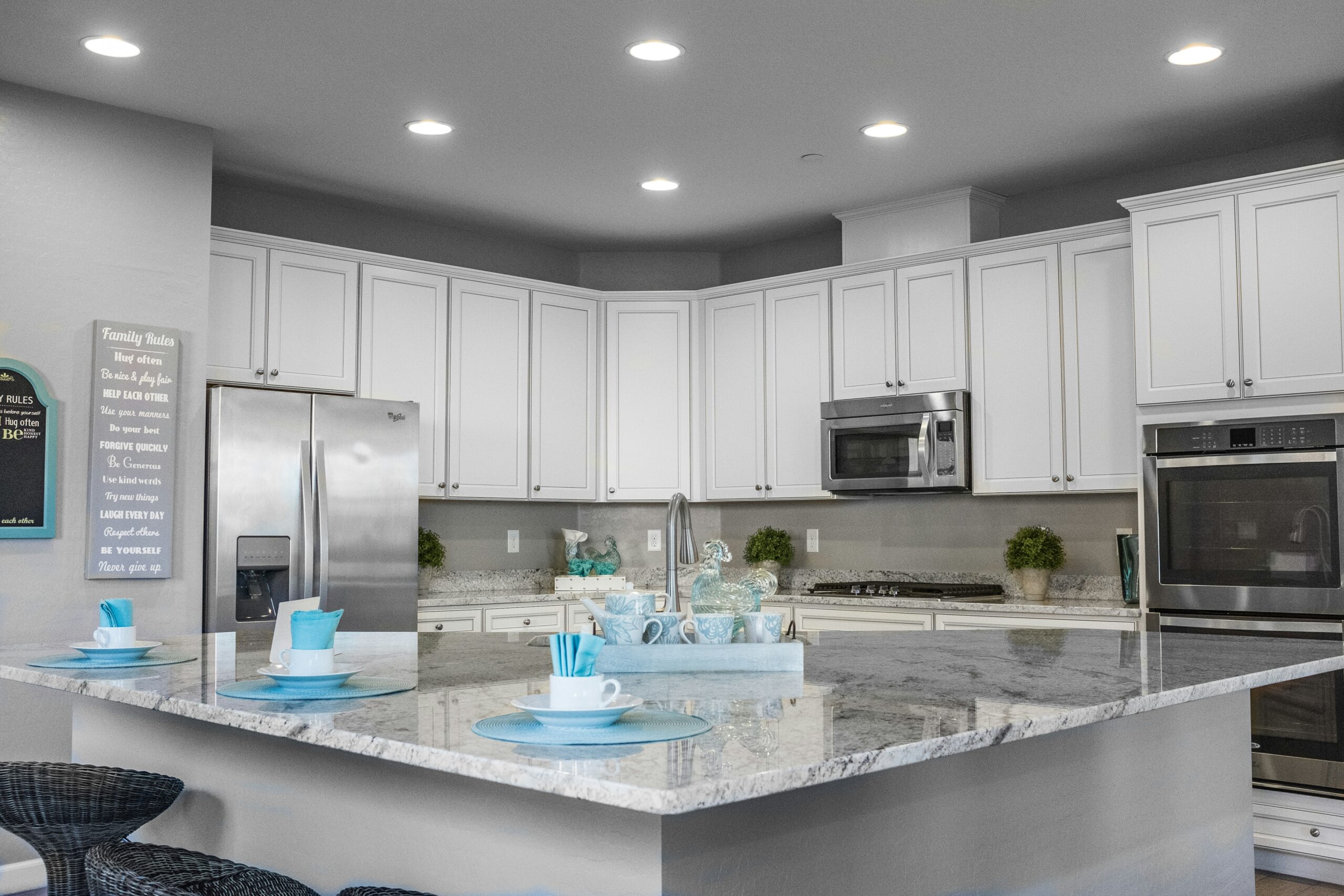A Guide to Upgrading to Modern Appliances and Top-Rated Brands
Modern appliances not only enhance the functionality of a home but also contribute to energy efficiency, convenience, and even smart home automation. Whether upgrading a kitchen, laundry room, or integrating smart technology, understanding the installation process and top-rated brands can make all the difference. Here’s a guide to help you navigate the process seamlessly.
Step 1: Choosing the Right Appliances
Before purchasing, consider the following factors:
- Energy Efficiency: Look for ENERGY STAR-rated appliances to reduce electricity and water consumption.
- Size and Fit: Ensure the new appliance fits the designated space, including door clearances.
- Smart Features: Many modern appliances offer Wi-Fi connectivity, voice control, and remote monitoring.
- Brand Reputation: Stick with brands known for durability, innovation, and customer support.
Top-Rated Appliance Brands:
- Kitchen Appliances:
- Sub-Zero & Wolf – High-end refrigerators and cooking appliances with superior longevity.
- Miele – Premium German-engineered dishwashers, ovens, and coffee systems.
- Bosch – Renowned for quiet dishwashers and sleek cooktops.
- KitchenAid – Trusted for reliable mixers and cooking appliances.
- Laundry Appliances:
- LG – Advanced washers and dryers with smart connectivity.
- Samsung – Innovative models with steam cleaning and AI-powered cycles.
- Whirlpool – A reliable choice for traditional yet efficient laundry solutions.
- Smart Home & Integrated Systems:
- GE Profile & Café – High-tech appliances with app control and AI integration.
- Samsung SmartThings – Seamless smart home compatibility with major platforms.
- Thermador – Luxury kitchen appliances featuring Home Connect automation.
Step 2: Preparing for Installation
Once you’ve chosen your appliances, proper preparation by our experts ensures a smooth installation.
Our Pre-Installation Checklist:
- Measure the space and confirm proper ventilation and clearance requirements.
- Verify electrical and plumbing connections to meet the appliance’s requirements.
- Ensure structural support for heavier appliances like wall ovens and built-in refrigerators.
- Plan smart home integration by setting up Wi-Fi networks and compatible voice assistants (Alexa, Google Assistant, or Apple HomeKit).
Step 3: Installing Kitchen Appliances
Refrigerator:
- Allow at least 1-2 inches of space around the unit for airflow.
- Ensure a water line is available for models with ice makers and dispensers.
- Let the unit sit upright for a few hours before plugging it in to allow the coolant to settle.
Dishwasher:
- Shut off water and power before installation.
- Secure the unit to cabinetry and connect drain and supply lines properly.
- Test for leaks before running the first wash cycle.
Ovens & Cooktops:
- Professional installation is recommended, especially for gas or induction models.
- Ensure proper ventilation and fire safety clearances.
- Test burners and oven functions before use.
Step 4: Installing Laundry Appliances
- Check flooring stability for vibration-heavy appliances like washers.
- Connect proper hoses for water supply and drainage, ensuring no kinks.
- Balance the washer and dryer to prevent excessive noise and wear.
- Test smart features, such as remote start or cycle notifications.
Step 5: Integrating Smart Home Automation
Modern appliances can be controlled remotely, offering features such as:
- Voice Control: Connect to Amazon Alexa, Google Assistant, or Apple HomeKit.
- Remote Monitoring: Receive alerts for maintenance, cycle completion, and diagnostics.
- Energy Management: Track energy consumption and set efficiency modes via mobile apps.
Step 6: Post-Installation Maintenance & Setup
- Register warranties to ensure coverage for repairs or replacements.
- Schedule maintenance reminders for filters, vents, and system updates.
- Calibrate settings to optimize performance and energy efficiency.
By carefully selecting, installing, and integrating modern appliances, homeowners can enjoy cutting-edge technology, energy savings, and seamless automation for a truly connected home. Whether upgrading a single appliance or remodeling an entire kitchen, investing in high-quality brands and proper installation ensures longevity and peak performance.

